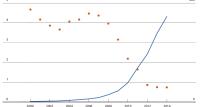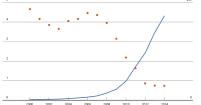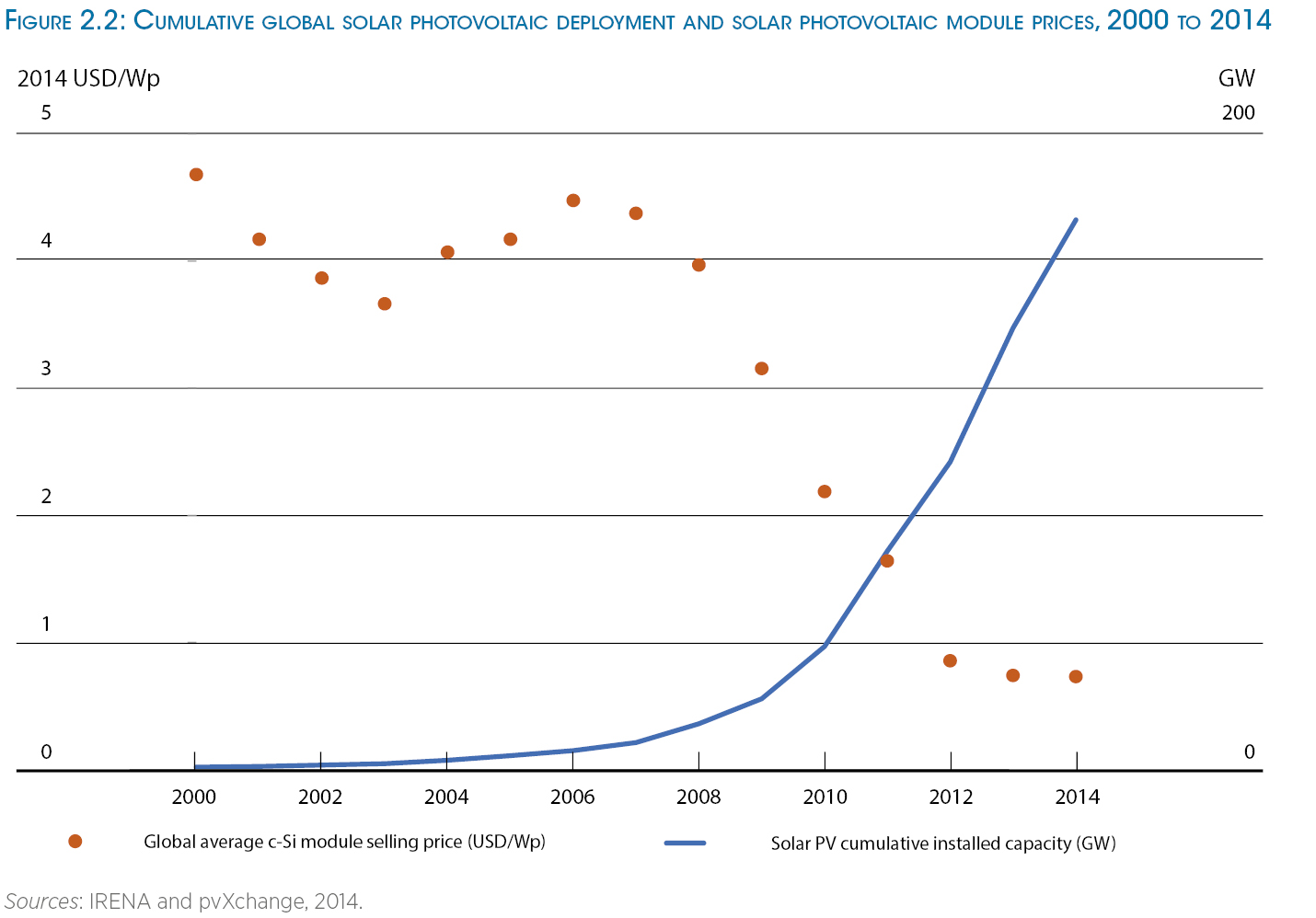

Renewable Power Costs Plummet: Many Sources Now Cheaper than Fossil Fuels Worldwide
Newsletter
Renewable energy now cost advantageous, especially when accounting for the cost of pollution, ill health
Abu Dhabi, United Arab Emirates, 17 January 2015 – The cost of generating power from renewable energy sources has reached parity or dropped below the cost of fossil fuels for many technologies in many parts of the world, the International Renewable Energy Agency (IRENA) revealed in a new report today.
The landmark report, Renewable Power Generation Costs in 2014, concludes that biomass, hydropower, geothermal and onshore wind are all competitive with or cheaper than coal, oil and gas-fired power stations, even without financial support and despite falling oil prices. Solar photovoltaic (PV) is leading the cost decline, with solar PV module costs falling 75 per cent since the end of 2009 and the cost of electricity from utility-scale solar PV falling 50 per cent since 2010.
“Renewable energy projects across the globe are now matching or outperforming fossil fuels, particularly when accounting for externalities like local pollution, environmental damage and ill health,” said Adnan Z. Amin, Director-General of IRENA. “The game has changed; the plummeting price of renewables is creating a historic opportunity to build a clean, sustainable energy system and avert catastrophic climate change in an affordable way.”
Report highlights:
- In many countries, including Europe, onshore wind power is one of the most competitive sources of new electricity capacity available. Individual wind projects are consistently delivering electricity for USD 0.05 per kilowatt-hour (kWh) without financial support, compared to a range of USD 0.045 to 0.14/kWh for fossil-fuel power plants.
- The average cost of wind energy ranges from USD 0.06/kWh in China and Asia to USD 0.09/kWh in Africa. North America also has competitive wind projects, with an average cost of USD 0.07/kWh.
- Solar PV module prices have dropped 75% since 2009 and continue to decrease.
- Residential solar PV systems are now as much as 70% cheaper than in 2008.
- Between 2010 and 2014 the total installed costs of utility-scale solar PV systems fell by as much as 65 per cent. The most competitive utility-scale solar PV projects are delivering electricity for USD 0.08/kWh without financial support, and lower prices are possible with low financing costs. Their cost range in China, North America and South America has fallen within the range of fossil fuel-fired electricity.
- Solar power prices are dropping rapidly in the Middle East, with a recent tender in Dubai, UAE, falling to 0.06USD/kWh.
- Renewables are competitive, even when integrating high shares of variable renewables into the electricity. When damage to human health from fossil fuels in power generation is considered in economic terms, along with the cost of CO2 emissions, the price of fossil fuel-fired power generation rises to between USD 0.07 and 0.19/kWh.
For 1.3 billion people worldwide without electricity, renewables are the cheapest source of energy. Renewables also offer massive gains in cost and security for islands and other isolated areas reliant on diesel.
Thanks in large part to the clear business case for renewables, a record high of 120 gigawatts of renewable energy was added to the global energy mix in 2013, with similar additions forecast for 2014. Renewable energy accounted for 22 per cent of global electricity generation and 19 per cent of total final energy consumption in 2013.
“Now is the time for a step-change in deployment for renewables,” said Mr. Amin. “It has never been cheaper to avoid dangerous climate change, create jobs, reduce fuel import bills and future-proof our energy system with renewables. This requires public acknowledgement of the low price of renewables, an end to subsidies for fossil fuels, and regulations and infrastructure to support the global energy transition.”
The report goes on to explain that renewable energy price improvements are not universal, and that costs range widely according to resources and the availability of financing. Offshore wind and concentrated solar power (CSP) technologies are in earlier stages and deployment costs remain higher than those of fossil fuels. These technologies will however become more cost-competitive in future, especially where low-cost financing is available.
Download the full report here.





